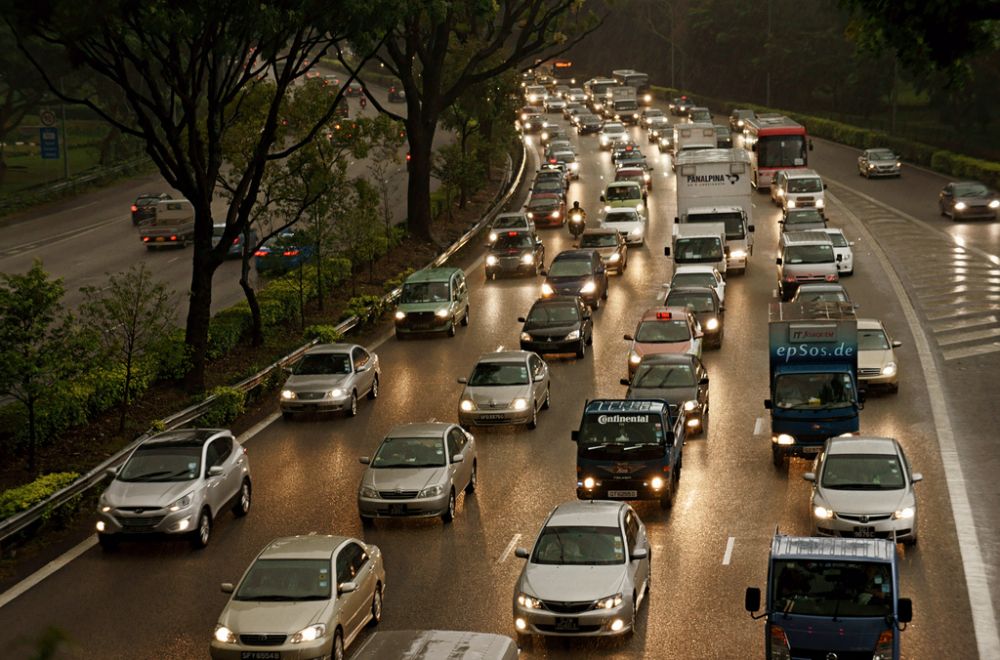Fuel efficient cars moving towards domination of UK market
Fuel efficient car sales are rising fast according to motor industry body SMMT. Demand for highly efficient cars has increased along with the rising cost of living and fuel prices.

Fuel efficient car sales are rising fast according to motor industry body SMMT. Demand for highly efficient cars has increased along with the rising cost of living and fuel prices.
In fact 46.8 per cent sold in 2011 emitted less than 130 grams per kilometre; in comparison only 10.6 per cent met this standard in 2007. The average emissions for new cars in 2011 was 138g/km. This is moving towards EU targets, which demand a further fall of 8g/km by 2015 and a further 35g/km by 2020.
The move towards more energy efficient cars is driven by a combination of factors. Technological improvements mean the average car is becoming much more fuel efficient, plus changes in consumer needs, driven by fuel prices, have meant that the demand for and availability of efficient cars is climbing dramatically. Since 2000, average carbon dioxide emissions from vehicles have fallen by 23 per cent and new cars are now 18 per cent cleaner than the UK average.
Despite this drive towards more efficient vehicles, hybrids and electric vehicles have not had any real impact on the reduction in emissions. They make up just over 1 per cent of the current market.
Despite this largely good news, it must be tempered by the fact that there is an increase in the number of cars on the road. In future it is hoped that personal vehicles will become less necessary, as new forms of transport take its place. Unfortunately, even large decreases in the emissions of vehicles do not compare to the carbon efficiency of public transport or un-powered transport.
The announcement also fails to take into consideration the effect of congestion. Congestion can reduce the efficiency of an extremely efficient vehicle to that of a very poor one, simply by creating longer, slower journeys. With more cars forecart to be on the roads, congestion could become a growing problem, cancelling out the benefits of improved efficiency.
In another announcement today, Italy has shown a 26.7 per cent drop in car sales from a year ago. This has been largely down to the economic conditions. Sales in France were down 23.2 per cent, whilst Germany and the UK showed modest increases. EU wide, registrations were down 7 per cent. This may lead to a decrease of cars on the road, but will also mean older, less efficient cars are being driven also.






